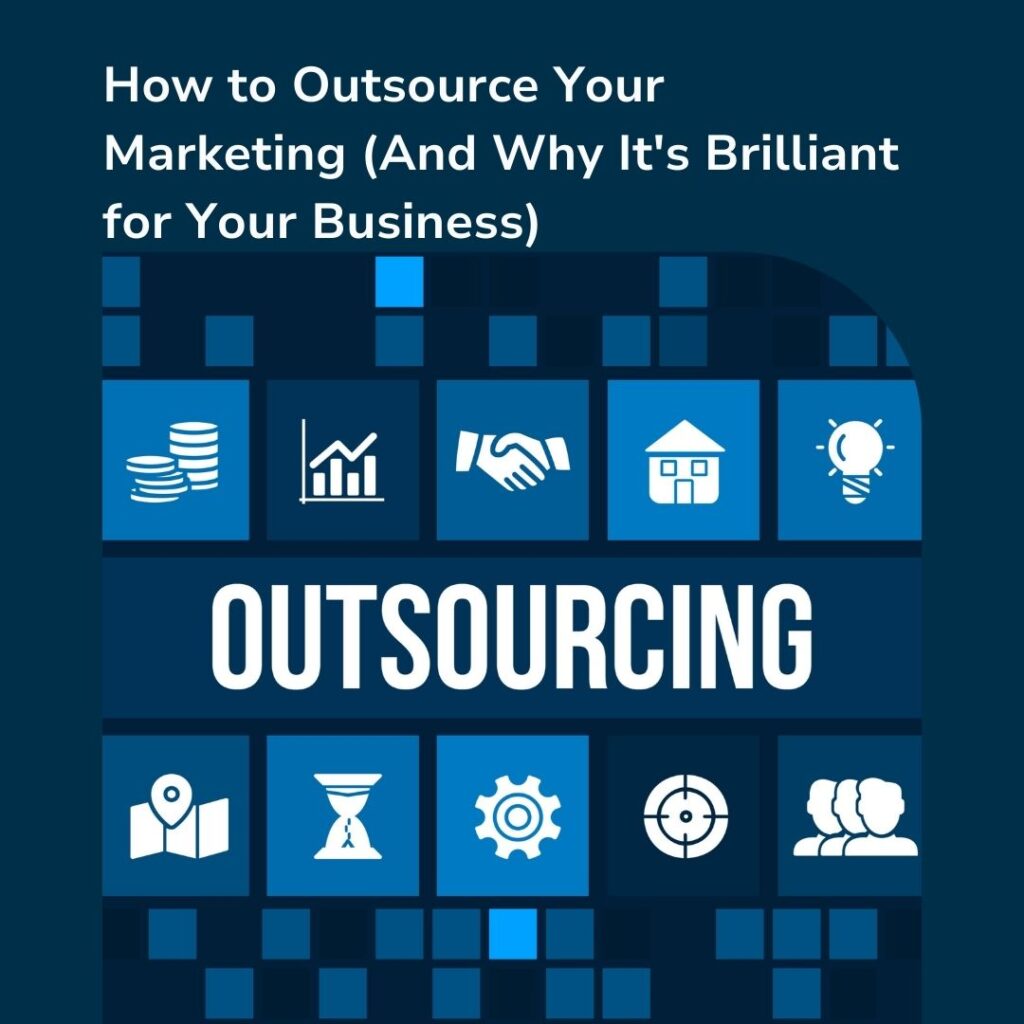In the dynamic realm of digital media, where every click, like, and share carries significant weight, influencer marketing has emerged as a powerful tool for brands to connect with their target audiences.
From promoting beauty products to advocating for social causes, influencers have become the face of modern advertising. However, beneath the glossy surface of influencer marketing lies a complex web of ethical considerations that demand careful scrutiny.
In this feature piece, we will embark on a detailed journey through this ethical labyrinth, exploring the multifaceted challenges, controversies, and evolving standards of influencer marketing.
The Rise of Influencer Marketing
In the not-so-distant past, traditional advertising dominated the market, with celebrities endorsing products on television and billboards. However, influencer marketing emerged as a revolutionary alternative, ushering in a new era of authenticity and relatability.
Unlike celebrities, influencers are everyday people who have amassed a following by sharing their lives, passions, and expertise on social media platforms.
Over time, brands have recognised the potential in partnering with influencers to promote their products, as it offered a more genuine and relatable avenue to reach their target audience.
The Challenge of Authenticity
One of the core ethical considerations in influencer marketing revolves around the concept of authenticity. As influencers collaborate with brands, they walk a fine line between maintaining their credibility and fulfilling their contractual obligations.
When an influencer promotes a product, does it genuinely align with their personal beliefs and values, or are they simply cashing in on their influence?
Full Disclosure
Transparency is key to addressing this challenge. Influencers must openly disclose their partnerships and sponsorships.
The Federal Trade Commission (FTC) in the United States and similar regulatory bodies worldwide have introduced guidelines that require influencers to clearly label their posts as advertisements or sponsored content. This ensures that consumers are aware of the promotional nature of the content they’re consuming.
However, compliance with these guidelines varies, and instances of covert advertising persist.
Some influencers bury sponsorship disclosures in lengthy captions or use ambiguous language that blurs the line between genuine recommendation and paid promotion. As consumers become more discerning, brands and influencers must prioritise transparency to maintain trust.
The Art of Selectivity
Another aspect of authenticity revolves around influencer selectivity. Do influencers choose to promote products solely because they genuinely believe in them, or are they motivated by lucrative deals? Striking a balance between genuine enthusiasm and financial gain can be challenging, especially when influencers rely on these partnerships for their income.
Brands play a crucial role in upholding ethical standards by respecting an influencer’s creative autonomy. When influencers have the freedom to choose partnerships that align with their values, the authenticity of their endorsements shines through. Authenticity is a two-way street, where both influencers and brands must uphold ethical standards.
Controversies in Influencer Marketing
Ethical concerns in influencer marketing are not limited to authenticity alone; there have been numerous controversies that have highlighted the industry’s darker side.
Follower Fraud
Follower fraud, or the purchase of fake followers and engagement, is a pervasive issue in influencer marketing. Some influencers inflate their follower counts to appear more influential than they are, deceiving brands and their real followers. This unethical practice undermines the trust that is essential in influencer marketing relationships.
Platforms like Instagram have taken steps to combat follower fraud, but it remains an ongoing challenge. Brands must carefully vet influencers and scrutinise their engagement metrics to avoid falling victim to this deceptive tactic.
Unregulated Industries
Certain industries, such as health and wellness, have faced ethical challenges due to the lack of regulation in influencer marketing. Influencers often make health claims or endorse products without scientific evidence, potentially leading their followers to make uninformed decisions about their well-being.
Regulatory bodies and organisations, like the World Health Organization, have a responsibility to create guidelines and ensure that influencers who promote health-related products adhere to established ethical standards. This collaboration is essential to protect consumers and maintain the industry’s integrity.
The Role of Audience Perception
Informed Consumers: In an era where information is readily available at our fingertips, consumers have become more discerning. They can quickly identify inauthentic or misleading content and hold influencers and brands accountable. This increased scrutiny has pushed the industry towards higher ethical standards.
Influencers who prioritise authenticity and ethical partnerships tend to resonate better with their audience, building long-lasting trust. Consumers value influencers who genuinely connect with them, making ethical considerations not just a moral obligation but also a smart business move.
Call for Accountability: As consumers become more vocal about their concerns, they demand greater accountability from influencers and brands. Social media has provided a platform for collective action, where controversies can quickly escalate into widespread boycotts or public relations crises.
In response, brands have started to align themselves with influencers who share their values and ethical standards. Consumers appreciate brands that take a stand on important social and environmental issues, and they reward them with loyalty.
The Future of Ethical Influencer Marketing
Evolving Regulations: The regulatory landscape for influencer marketing is evolving, and governments worldwide are taking steps to ensure greater transparency and accountability. Brands and influencers must stay informed about these changes and adapt their strategies accordingly to avoid legal consequences and maintain ethical standards.
Authenticity as a Competitive Advantage: As the influencer marketing industry matures, authenticity will become a defining factor that sets successful influencers and brands apart from the rest. Those who prioritise genuine connections and ethical partnerships will continue to thrive and inspire trust.
Conclusion
In the ever-evolving world of influencer marketing, navigating ethical considerations is a continuous journey. Brands, influencers, and regulatory bodies must work together to uphold transparency, authenticity, and accountability.
As consumers become more discerning and vocal, the ethical standards of influencer marketing will shape not only the industry itself but also our digital landscape as a whole.
Therefore, to succeed in this landscape, the compass must always point towards ethics. By embracing ethical considerations, influencer marketing can evolve into a more trusted and impactful force in the world of advertising.










